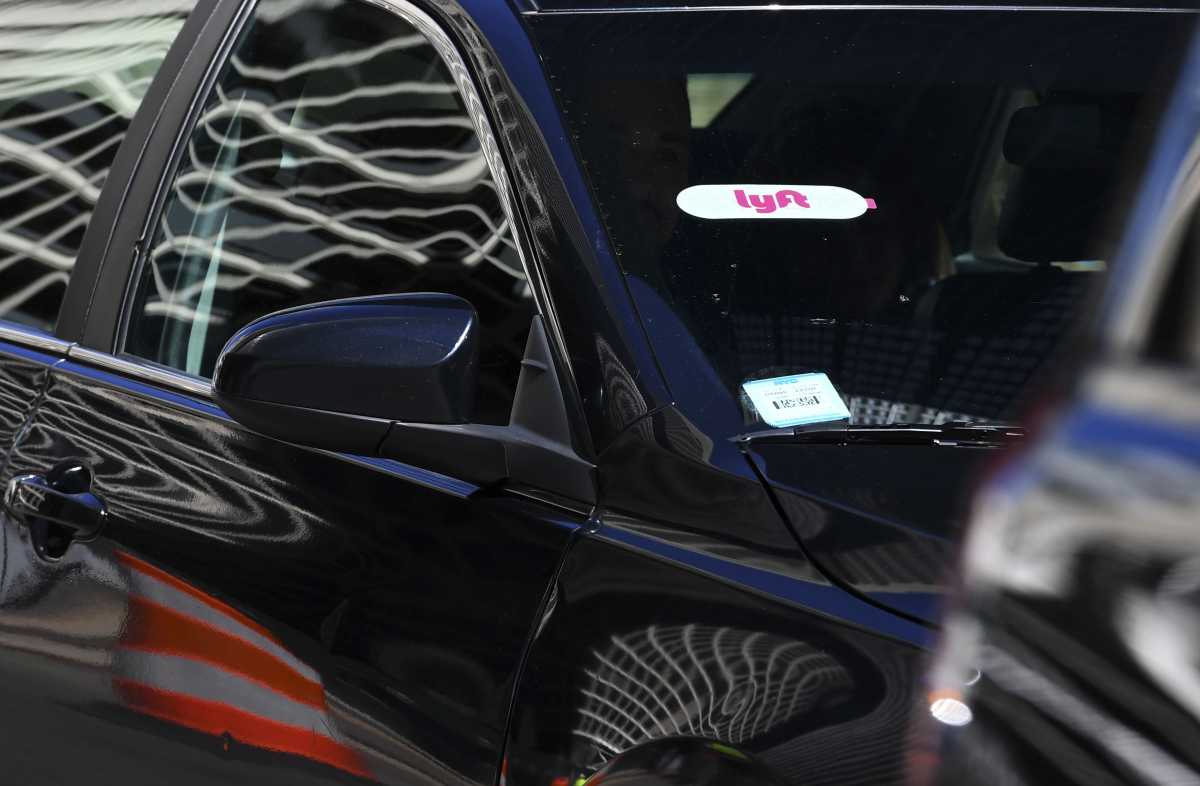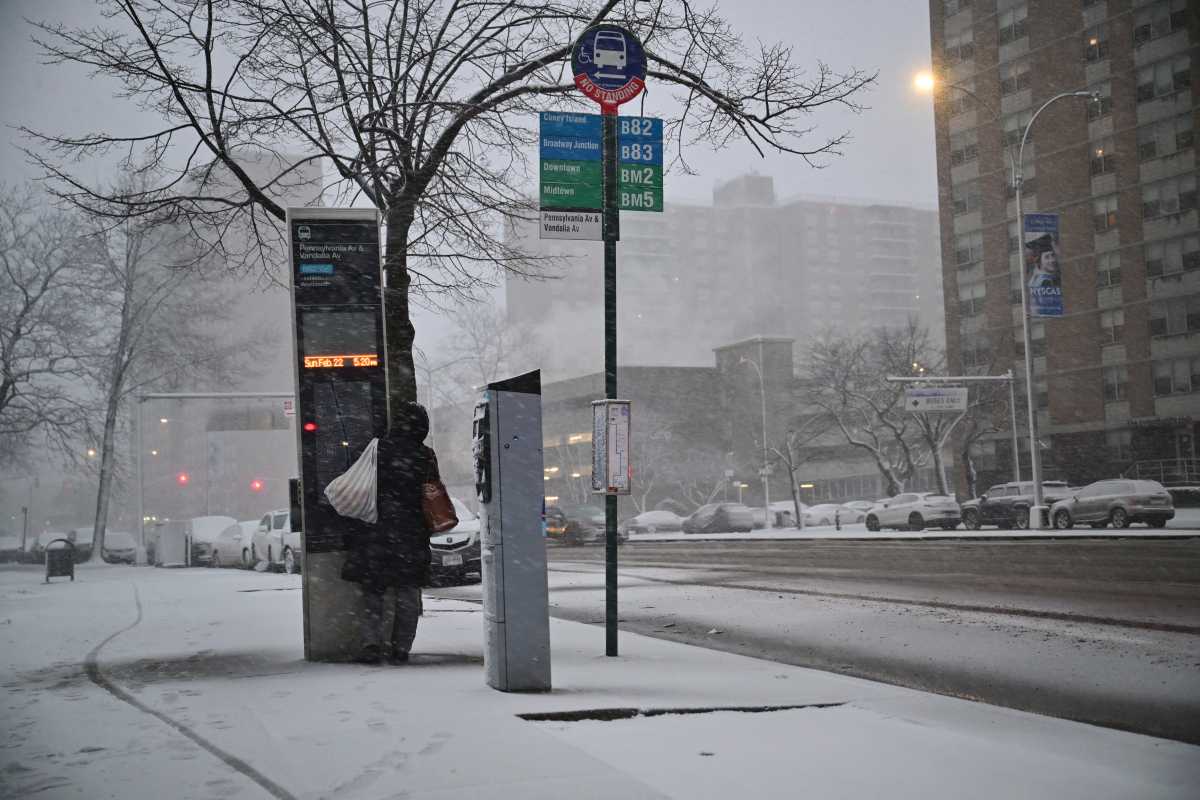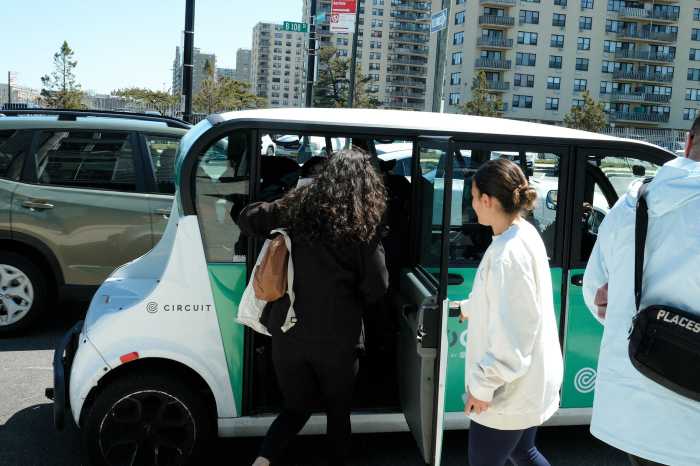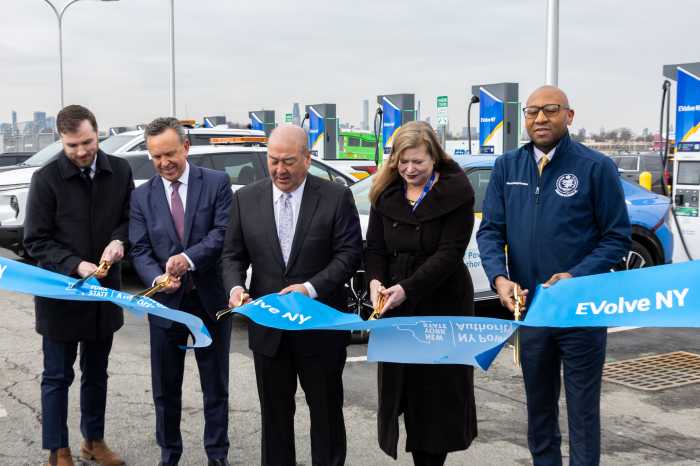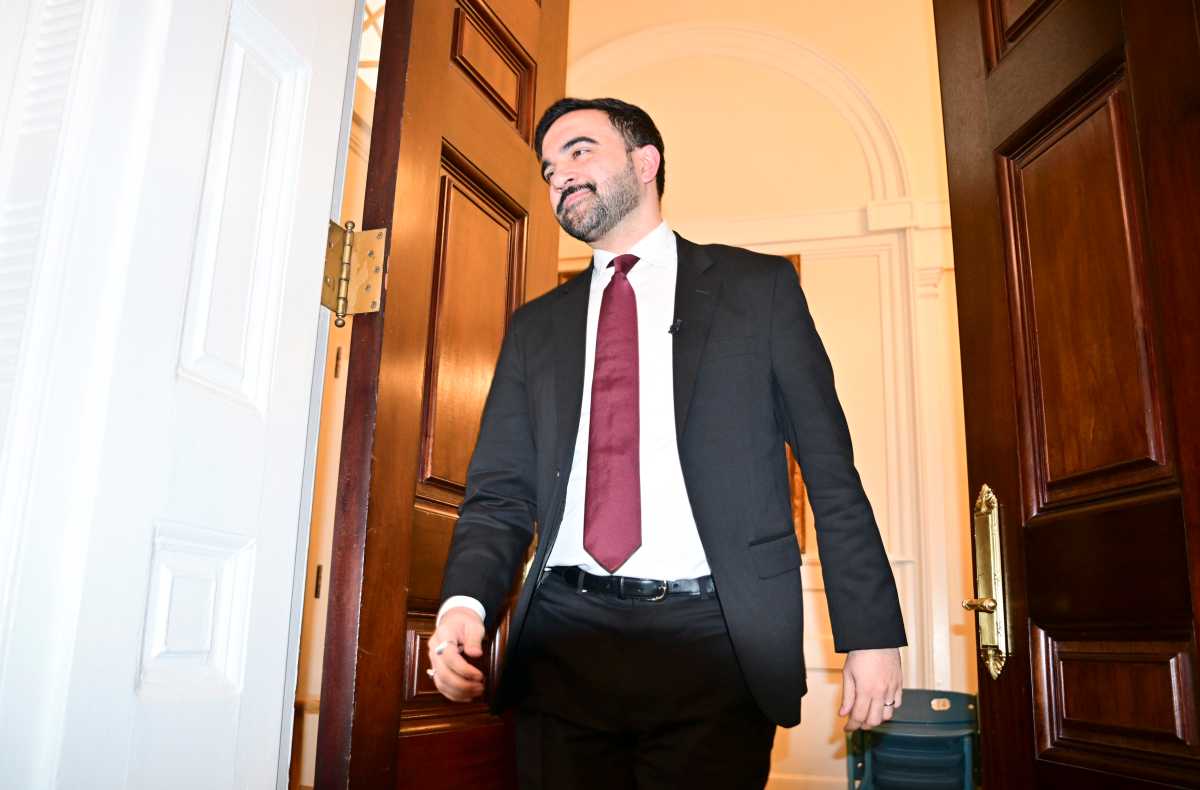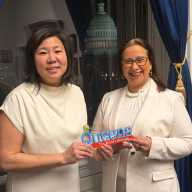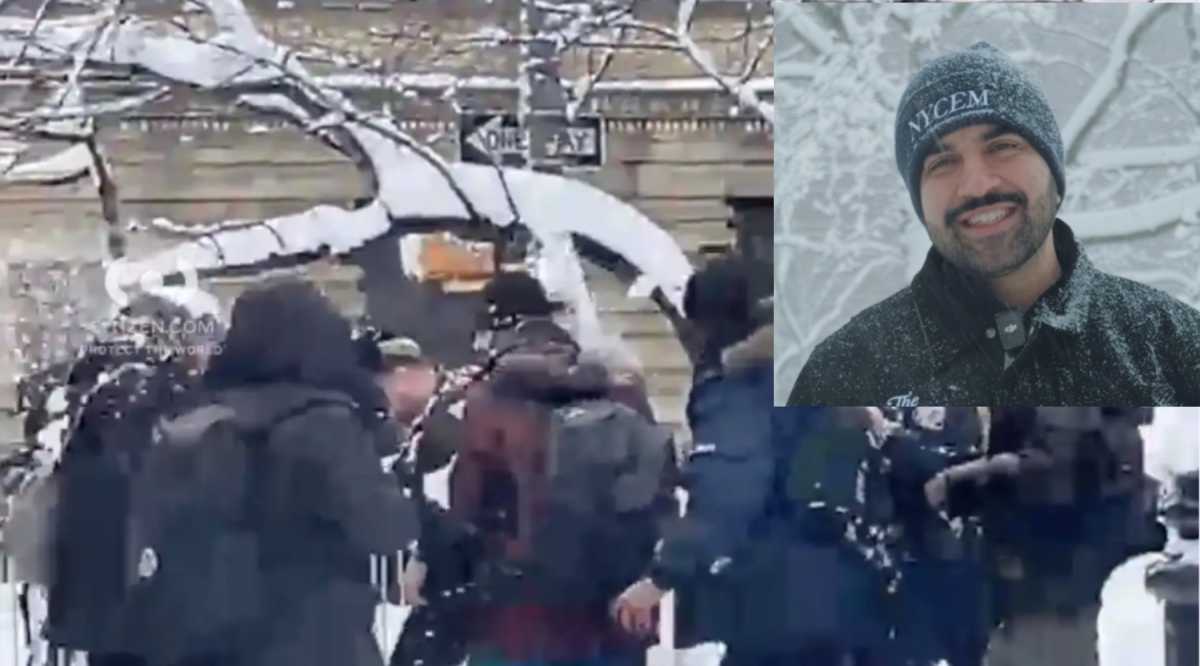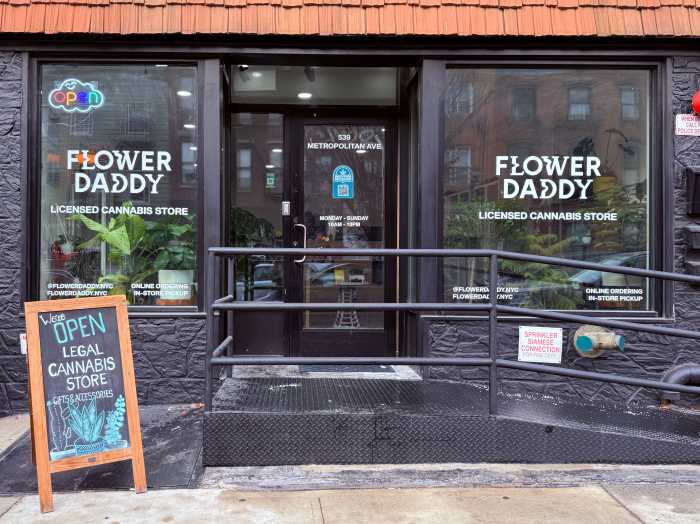Ride-sharing app Lyft has announced that it will credit riders for congestion pricing fees for the first month of the new toll.
For the rest of January, Queens residents who take a trip to or from the new congestion pricing zone in Manhattan will be credited.
Congestion pricing, which came into effect on Sunday, Jan. 5, has introduced a $9 fee for motorists entering Manhattan south of 60th Street between peak hours of 5 a.m. and 9 p.m. on weekdays and between 9 a.m. and 9 p.m. on weekends, with off-peak rates set at $2.25. The measure has also introduced a $21.60 peak toll for large trucks, a 75-cent surcharge for taxis, and a $1.50 surcharge for ride-sharing apps such as Uber and Lyft.
Lyft has announced a congestion pricing credit for that surcharge for riders for the rest of January, with all riders receiving a $1.50 credit to use on Lyft or CitiBike for every Lyft they take throughout the month of January.
A credit will automatically be applied to a rider’s Lyft account as long as they take a trip that begins, ends or passes through Manhattan’s Central Business District (CBD), meaning that any Queens riders who travel to or from the CBD will automatically receive a $1.50 credit. The credit will also be applied to the Lyft-owned CitiBike service.
Lyft explained that riders have already been paying the Metropolitan Transportation Authority a $2.75 congestion fee for trips that start, end or pass through a separate congestion zone that begins below 96th Street in Manhattan. This fee has been in effect since 2019.
Uber and Lyft have been vocal supporters of congestion pricing, with Uber regularly airing television commercials supporting the measure since 2017.
“We spent millions of dollars funding message testing, research, lobbyists and grassroots organizing to help those that have been fighting for congestion pricing for decades,” Uber said in a statement in May 2023. “Uber supports congestion pricing, including on our own trips, to fund mass transit infrastructure.”
Council Member Robert Holden, who has been a vocal critic of the congestion pricing toll, said the measure will help to increase ridership for services such as Lyft and Uber.
“Lyft and Uber want it (congestion pricing) to get us out of our cars, so we use their cars,” Holden said. “The whole thing stinks to high heaven.”
Starting Jan. 5, any Queens motorists traveling to Manhattan through the Queens Midtown Tunnel will be charged a congestion fee as they must pass onto residential streets upon exiting the tunnel. This includes drivers heading to the nearby FDR Drive, as reaching the highway requires driving through residential areas.
Motorists using the Ed Koch Queensboro Bridge will be charged the toll if they drive on the lower level of the bridge or if they exit the upper level of the bridge onto residential streets located within the congestion zone. Motorists who exit the bridge directly onto Manhattan’s 62nd Street will not be charged the toll unless they subsequently travel south of 60th Street.
Drivers entering Manhattan from Queens via the Triborough Bridge will arrive north of the congestion zone and will only pay a congestion fee if they travel onto residential streets south of 60th Street.
– No congestion fee is charged if your destination is East 64th Street.
– A congestion fee applies if you travel to East 45th Street, as it falls within the zone.
If you’re traveling on a highway in Manhattan to another borough or New Jersey and your route involves driving on residential streets within the congestion zone, you will be charged a congestion fee.
Trips that don’t involve Manhattan’s congestion pricing zone, such as traveling between the Bronx and Queens, will not incur a congestion fee. However, tolls on Port Authority bridges outside Manhattan still apply.

